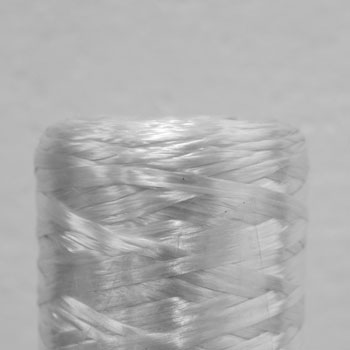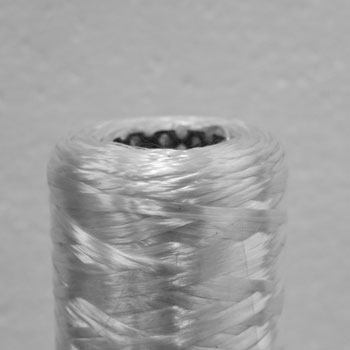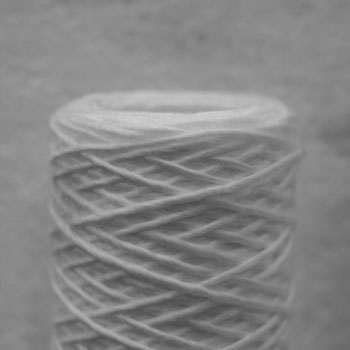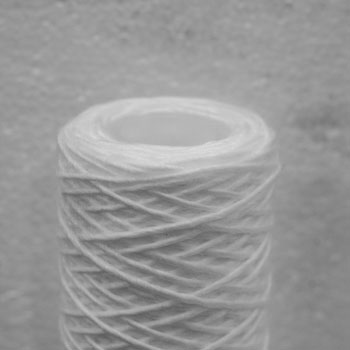Wound Filter Cartridge
Wound Filter Cartridges are made to effectively remove contaminants and provide high depth filtration. High-quality yarns such as glass fiber, polypropylene (PP), cotton and nylon are continually twisted around a central core to create these wound filters. For efficient depth filtration, the outer layers are loosely wrapped and progressively tighten toward the center. Larger particles are trapped on the outer surface while finer sediments are captured as the liquid moves inward.
- High dirt-holding capacity.
- Handles high temperatures.
- Ensures excellent flow with minimal pressure drop.
- Offers high strength and resistance to corrosion.
- Compatible with a wide variety of fluids.
- Available in multiple micron ratings like string wound filter cartridge 5 micron, 100 micron, etc. to suit different needs
Most business uses string wound filters for liquid filtration including:
- Food & Beverage: Remove impurities to maintain purity & quality of product.
- Pharmaceuticals: Support precise filtration of medicines to prevent harmful substances.
- Water treatment: Silt, sediments and other contaminants are removed from the water purification process.
- Chemical Processing: Filtering high aggressive chemicals from substances.
- Oil & Gas: Eliminates impurities from petroleum products and crude oil.
- Automotive: Used to increase system efficiency through fluid filtering.




